- Artificial intelligence is transforming global markets by redefining business models and enabling predictive consumer insights.
- Sustainability is emerging as a crucial mandate, driving green energy initiatives and sustainable production practices across industries.
- Geopolitical tensions and protectionist policies are prompting a shift towards self-reliant economies and reconsideration of global trade dynamics.
- Consumers experience these shifts through fluctuating prices and availability of goods, influenced by supply chain and manufacturing changes.
- Educational systems must adapt to prepare the workforce for an AI-driven economy.
- Embracing technological advances and sustainability offers the potential for progress, innovation, and resilience.
A sweeping wave of change is quietly reshaping the landscape of global markets, a transformation driven by powerful forces that promise to redefine consumer behavior, corporate strategies, and economic paradigms. The essential question is not just what is happening, but why—and what it means for the future.
Amidst the roar of technological evolution, artificial intelligence emerges as a dominant driver, slicing through traditional business models and creating innovative pathways. Companies that were once titans are rapidly evolving into digital-first entities, leveraging AI to predict consumer desires before they even manifest. Imagine a world where personalized experiences aren’t just a privilege but an expectation—a world where digital companions anticipate your needs with startling accuracy.
But it’s not solely technology that’s altering the market’s texture. Around the globe, a growing clamor for sustainability is not just a trend but a mandate. From sprawling urban centers to quiet rural landscapes, the demand for green energy and responsible production practices is altering supply chains and manufacturing at every level. Corporations are racing to declare carbon neutrality, aware that the next generation of consumers endorses those who prioritize the planet. Highlighted by a stark increase in green investments, the movement towards sustainability promises not merely to change industries but to redefine them.
Yet, beneath this bright horizon lies a complex web of economic challenge. Globalization, once the champion of free trade and open borders, is confronting an era of cautious recalibration. Acts of geopolitical tension, intertwined with protectionist policies, are influencing how nations engage in commerce, multiplying risks and opportunities alike. There’s a palpable push toward self-reliance, as countries anticipate the necessity of sustainable local economies amidst unpredictable international relations.
For the everyday consumer, these shifts might seem abstract, yet their implications resonate. Prices on daily essentials fluctuate with the ebb and flow of supply chain disruptions; the availability of technology fluctuates with global manufacturing shifts. And as innovation continues to redefine job markets, educational paradigms must adjust, equipping the workforce with skills pertinent to an AI-driven economy.
At its heart, this transformation urges a recalibration of perspectives—a reminder that, as technology races forward, the human element remains irreplaceable. In a world full of possibility, where AI crafts futures and sustainability leads conscience, the fusion of human ingenuity and technological prowess promises an era of progress perhaps unforeseen by previous generations.
The takeaway is clear: the very mechanisms that drive global markets are shifting, and with that change comes an opportunity for rebirth, resilience, and revolutionary progress. Embracing this transformation ensures not just survival, but thriving in what promises to be an electrifying future.
How Global Shifts in AI and Sustainability Are Reshaping Our Future
In today’s rapidly evolving global market landscape, key forces are at play that are reshaping consumer behavior, corporate strategies, and entire economic paradigms. As we delve into this transformation, questions emerge: What exactly is happening, why, and what does it mean for the future?
Artificial Intelligence: Revolutionizing Business Models
Artificial intelligence (AI) stands at the forefront, fundamentally altering traditional business practices. Companies are transforming into digital-first entities by leveraging AI to forecast consumer needs with precision. We live in a world where personalized experiences aren’t just desired—they’re anticipated. AI-driven predictive analytics in retail, for example, are enabling companies to tailor their services with unprecedented accuracy, predicting customer desires before they become conscious decisions.
Real-World Use Cases:
1. Retail and E-commerce: Personalized recommendations, dynamic pricing models, and inventory management.
2. Healthcare: Enhanced diagnostic capabilities and personalized medicine.
3. Financial Services: Risk assessment and personalized financial advice.
Sustainability: A Mandate, Not a Trend
Sustainability has transitioned from a buzzword to a fundamental business imperative. The shift towards green energy and sustainable production is reshaping industries and consumer expectations. Investors are increasingly favoring companies with strong Environmental, Social, and Governance (ESG) practices, pushing corporations to pursue carbon neutrality actively.
Market Forecasts & Industry Trends:
– Electric Vehicles (EVs): A projected increase in EV market share as nations impose stricter emissions regulations.
– Renewable Energy: Significant investment in solar and wind, leading to a projected increase in global renewable energy capacity.
Economic Challenges and Opportunities
While technological advancement and sustainability agendas pave the way for progress, they also introduce complex economic challenges. The rise of protectionist policies amidst geopolitical tensions prompts a pivot towards self-reliant economies and local production.
Pros & Cons Overview:
– Pros: Less dependency on global supply chains, fostering local economic growth.
– Cons: Potential for increased costs and limited market access due to trade barriers.
Educational Shifts for a New Workforce
As innovation reshapes job markets, educational systems must adapt to equip the workforce with relevant skills. There is a growing demand for education in STEM fields, particularly in data science, AI/ML (machine learning), and other technology-driven disciplines.
How-To Steps:
1. Education Reform: Integrate AI and technological literacy into curriculums at all educational levels.
2. Continuous Learning: Encourage lifelong learning programs to update skills and knowledge regularly.
Insights & Predictions for the Future
1. Tech Dominance: Expect continued AI integration across industries, emphasizing the importance of data privacy and ethical AI deployment.
2. Sustainability Leadership: Companies recognized for their sustainability efforts will likely dominate market shares.
3. Reskilling Revolution: A global shift in educational paradigms to include AI and sustainability-focused programs will emerge.
Actionable Recommendations
1. For Companies: Invest in AI and sustainability-oriented innovations to future-proof business models.
2. For Consumers: Embrace sustainable purchasing decisions to support green market initiatives.
3. For Educators: Develop and promote programs focusing on AI, data literacy, and sustainability.
These transformations, anchored by AI and sustainability, promise a future rich with opportunities for innovation and growth. Embracing this change ensures not just survival, but a thriving presence in an ever-evolving global marketplace.
For further insights on how these trends are shaping the world, visit World Economic Forum and World Trade Organization.

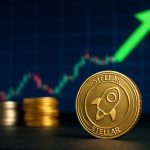

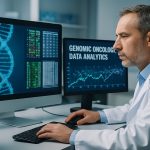

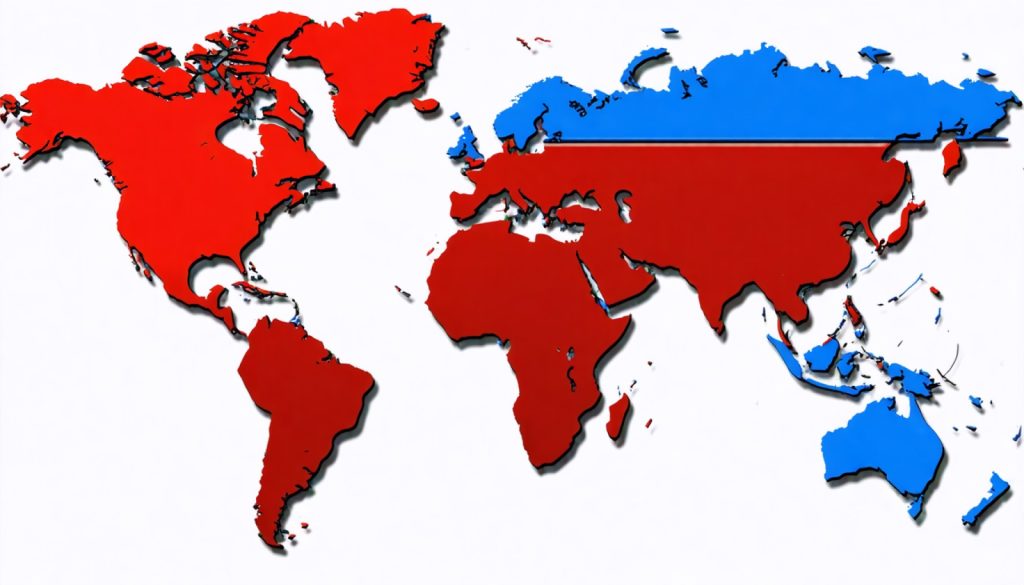

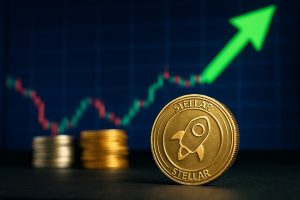
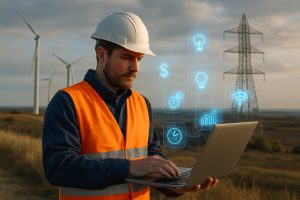
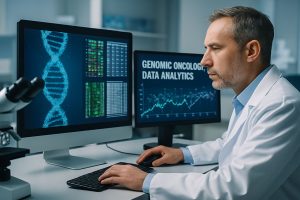
More Stories
Nvidia Tightens GPU Grip: AMD, Intel Struggle as GeForce RTX 50 Series Dominates 2025
Stellar XLM Set to Explode? Bold Price Predictions Hint at Major 2025 Breakout
$150 Billion Power Revolution: How Digital Innovation Is Rewiring the Energy Future of Eastern Europe and Central Asia